Travel during hurricane season is statistically, uneventful for most travellers. That being said, considering what we just witnessed in the Caribbean with Irma, Katia and Jose all wreaking havoc at the same time, there is no better time than the present to get everyone up to speed on what it means when you travel during hurricane season.
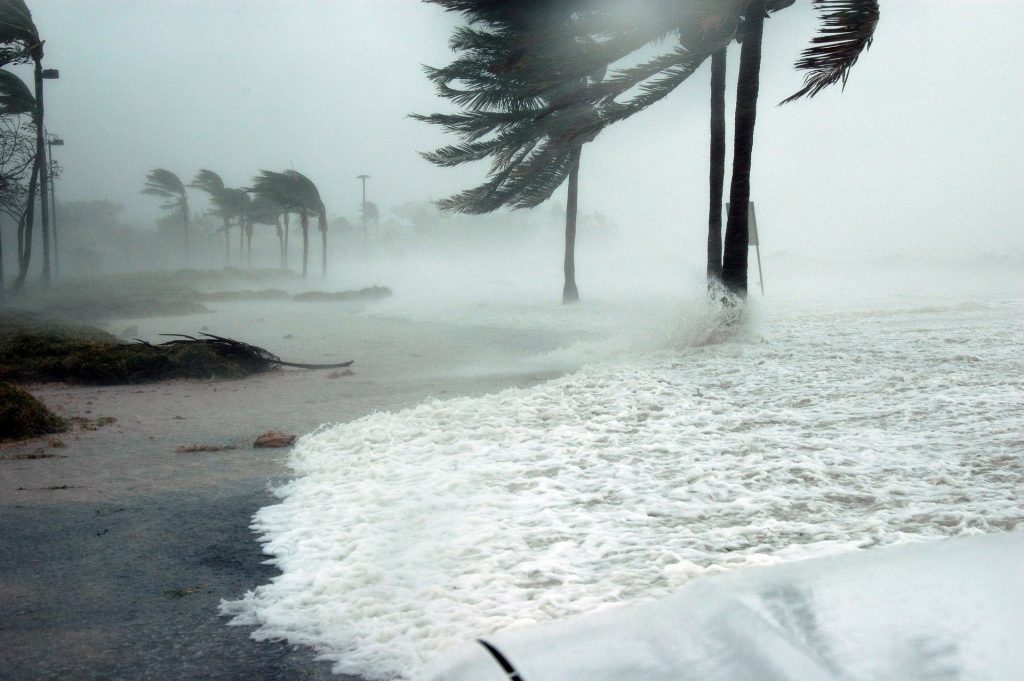
We are witnessing climate change at an unprecedented rate; sadly this means hurricanes and super storms will become more and more prevalent. Side bar: If you are a climate change denier, please exit stage left. You don’t need any of this information. If you are horrified by what we just witnessed in the Caribbean, take a minute to listen to Waking Up With Sam Harris – What You Need To Know About Climate Change. I promise you will immediately start to question how much damage you’re doing to the earth.
Back to the topic at hand; hurricane season. Hurricane season runs from June 1 to November 30th, which means unless you plan to limit travel from December to May, you need to be informed.
The most active month for hurricanes is September. With Harvey near the end of August, and Irma, Jose, and Katia in September of 2017, I think we can all agree with that one. Statistically speaking if you’re going to travel during hurricane season you’re best to book in June, July, and November. These are the three months with the lowest number of hurricanes.
Typically, we don’t really hear about hurricanes in the media until they have developed into a major storm. It’s up to you to know if there is a potential for one while you travel. To keep an eye on active systems visit the National Hurricane Center website to see all active tropical depressions, storms, and hurricanes before you go. A lot of people are completely blindsided by a hurricane, when really a quick peek will give you a pretty good indication if it’s something you need to worry about on your holiday.
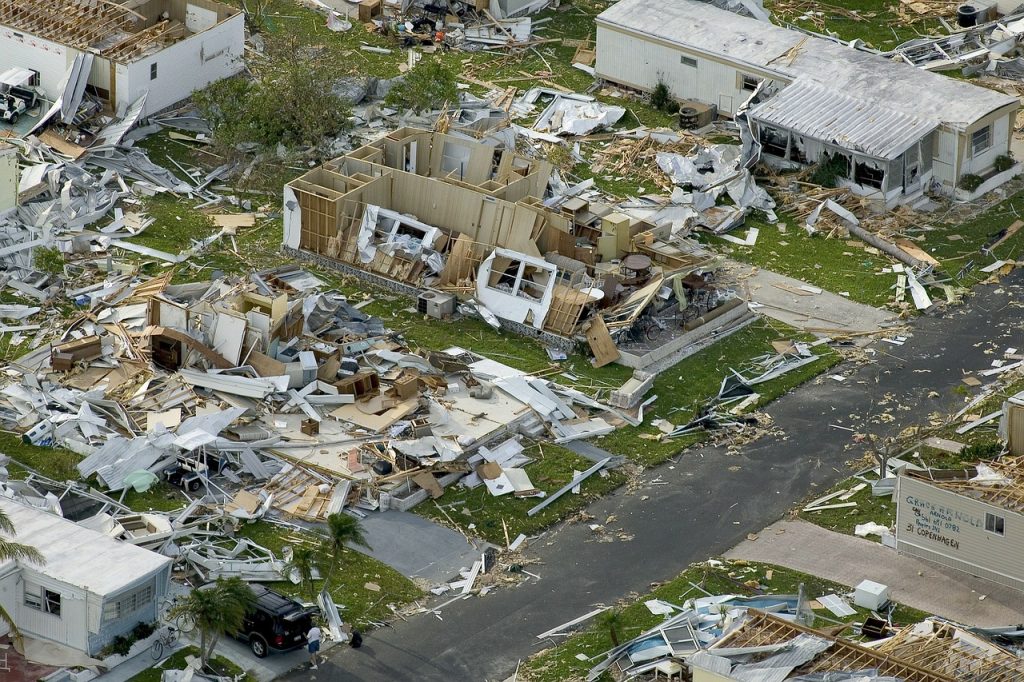
The odds of being in a destination when a hurricane strikes are pretty low but there are things you can do to protect yourself prior to going and if you happen to get caught in the middle of one.
Protecting Yourself Before You Travel During Hurricane Season
The best thing you can do to protect yourself, whenever you travel is to purchase travel insurance. Make sure you have trip cancellation and trip interruption insurance; don’t skim over the fine print either. Best bet is make sure you have trip cancellation insurance that allows you to cancel for any reason prior to your trip, not just if your carrier cancels. Trip interruption insurance can help you if you lose a few days out of your one week holiday due to unforeseen circumstances.
If you’re trying to get updates from your travel provider before you travel, be patient. Hurricane Irma was totally unprecedented, and while carriers were frantically trying to protect their passengers in destination, lines were being clogged up with people not in harm’s way. Follow your carrier’s social media accounts and website for the latest updates, and check your flight status before you leave the house.
Before you travel, and this is actually just smart to do before you travel anywhere, is to write the number of the Canadian Consulate for the country you’re travelling to on a piece of paper. Be sure to include any other pertinent information you may need: insurers, physicians, and family members. Keep this documentation in a waterproof bag, in your room safe, so that you have access to it should your phone battery die.
When booking your trip, be sure to read the hurricane policy of your travel provider before you fly. Most charter airlines and regular airlines will have a hurricane policy listed on their site.
Protecting Yourself When In Destination
Always travel with a basic first-aid kit (not just during hurricane season) and keep it together with all your medications so you can grab it quickly if you need to. I would also recommend you pack a small waterproof backpack should you need to evacuate and can not bring your luggage with you. You’ll need to have something to carry the essentials. A small portable flashlight is always a good idea too.
Keep your devices charged & battery back ups charged. Don’t drain your battery playing Candy Crush; you’ll want as much battery life as you can save should power be cut off. Make sure you also have Ziploc or waterproof bags on hand to keep your important documents dry. Always travel with some cash, should ATMs go down as well.
Listen to what local authorities are telling you and take shelter where they indicate and always stay away from windows.
Somewhere around 76% of all deaths in a hurricane are from the storm surge that follows, not from the wind, so stay away from the water and get above sea level as much as possible.
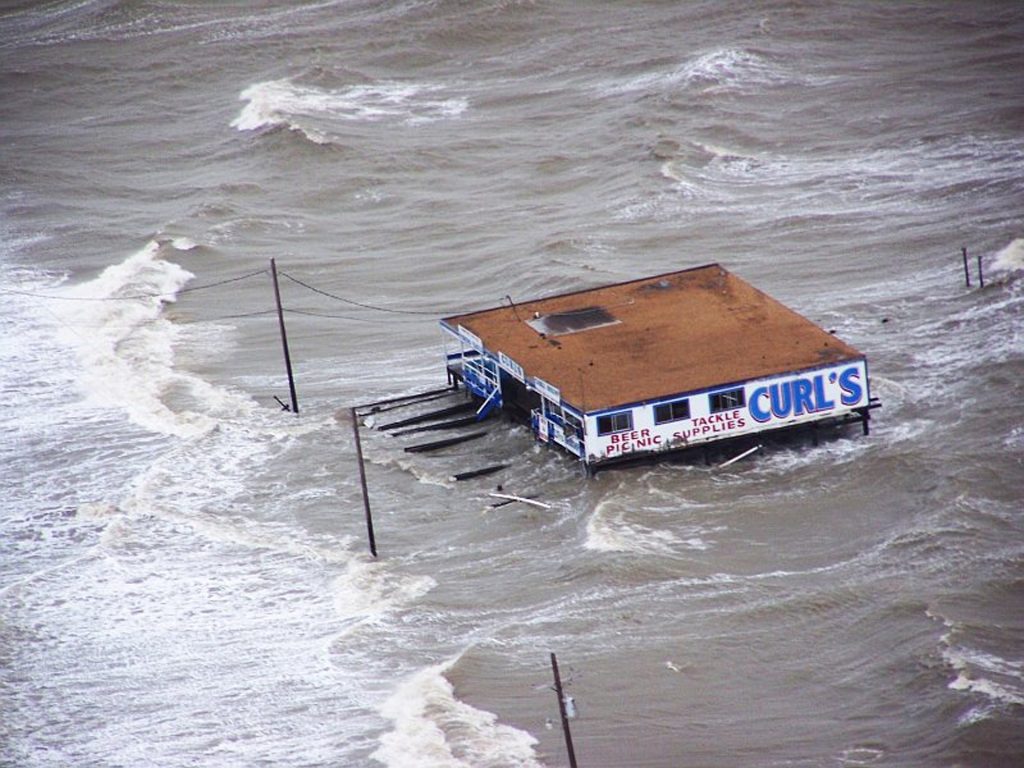
A lot of deaths due to a hurricane happen after the hurricane has blown through and people venture outside to get a look. Remember that power lines will be down, buildings will be shaky, and there will be a lot of debris creating potential hazards. Shelter in place until you are given the all clear by local authorities.
If you just want to avoid hurricanes altogether, remember your ABC’s – Aruba, Bonaire and Curacao, are all below the hurricane belt, so they rarely experience hurricanes and storms. Aruba, only receives about 18 inches of rain over the whole year.
Finally, if you’ve ever basked in the glow of a perfect Caribbean vacation, remember that a lot of the people in those countries are hurting right now. Take the time to make a donation to the Red Cross and to the David Suzuki Foundation and World Wildlife Fund.

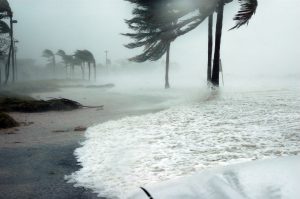
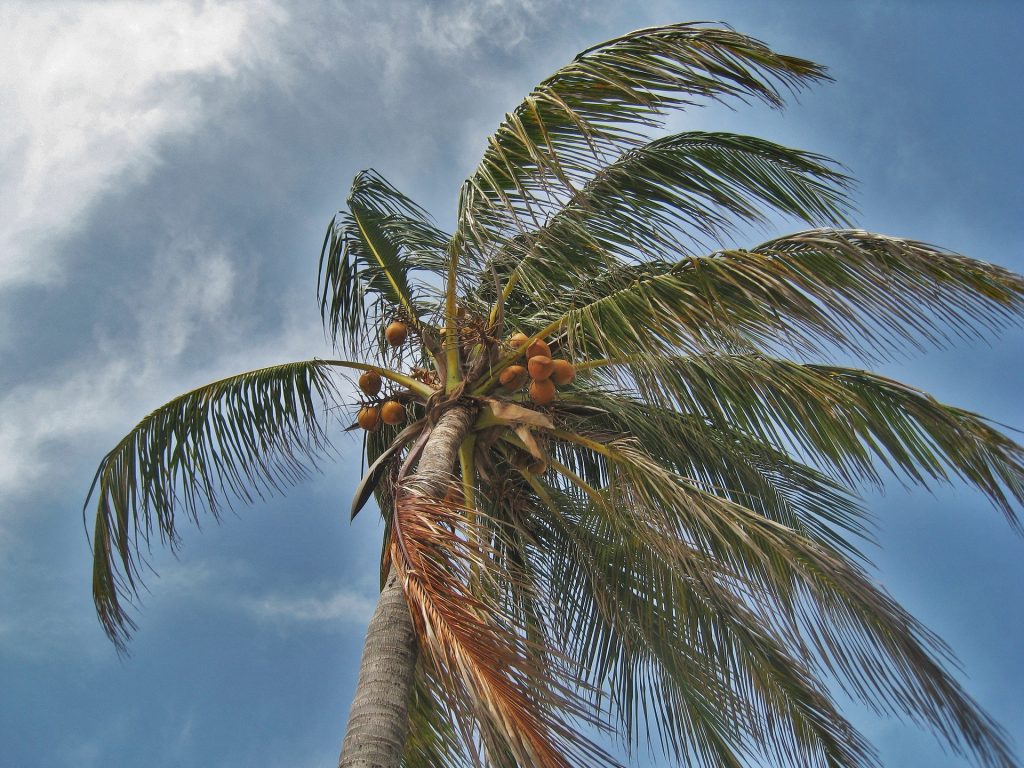
 Five Things You Need to Do this Fall and One You Don’t
Five Things You Need to Do this Fall and One You Don’t